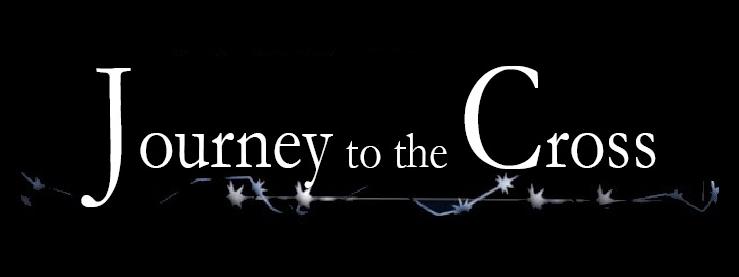
"Oxymorons. We use them to try to describe unusual phenomena, things like jumbo shrimp, sweet and sour sauce, pretty ugly and awfully beautiful. They are difficult to explain. Like, why do we make hot tea then put ice in it, and why do we make sweet tea and put lemon in it? It doesn't really make sense.
"Life is filled with contradictory realities. The incarnation of God in the person of Jesus Christ is an incredibly complex oxymoron: The infinite God in a finite person. No way to explain that. It's a mystery. How could God become fully man? How could a man be fully God? The apostle John gave the best explanation. What do you think he is saying about Jesus being fully God/fully man?
'In the beginning was the Word, and the Word was with God, and the Word was God. He was with God in the beginning. Through him all things were made; without him nothing was made that has been made. In him was life, and that life was the light of men. The light shines in the darkness, but the darkness has not understood it...The Word became flesh and made his dwelling among us. We have seen his glory, the glory of the One and Only, who came from the Father, full of grace and truth' (John 1:1-5, 14).
"Often people get confused when they try to figure out who Jesus really is. Is He God? Or is He man?

"He was born in the flesh. Mary gave birth to Him. He lived in time. He grew up in a real place. Yet the Bible teaches that He existed from the beginning of time. Jesus was the 'incarnation' of God. Incarnation means 'in the flesh.' Jesus Christ is the one and only incarnation of God. He is the embodiment of God. Jesus was fully God and fully man. God visited the earth in the form of a human being, Jesus.
"In John 1:1-5, 14 we discover probably the best explanation ever given of the incarnation. 'The Word' is Jesus. John gives the 'Top 10' descriptions of Jesus as 'fully God, fully man.'
1. He was in the beginning (before there was time).
2. He was with God.
3. He was God.
4. He created all things.
5. He was life.
6. He was light shining in the darkness.
7. He became flesh.
8. He lived among us.
9. He was full of grace and truth.
10. He expressed the glory of God.
"Imagine that first Christmas day. Picture Jesus in the manger. What would you have seen?
- The tiny clenched hand of a baby that would someday be ruthlessly wrenched open and nailed to a Roman cross for the sin and guilt of the world.
- Hands that were too small to reach up and touch the noses of the animals, yet one day would reach out to the crowds to unstop deaf ears, open blind eyes and raise the dead.
- Eyes that were unable to follow the swishing tails or swaying heads of the animals, but one day would be able to look on the crowds of people and say 'the fields are white for harvest.'
- Feet not yet able to stand up, but later would stride through the corridors of the centuries shedding light on dark hearts, easing people's sorrows, taking away sin and bringing joy to life.
"If Jesus was not fully God and fully man, then who, or what was He? When we look at Jesus Christ, we see God. He is "the visible expression of the invisible God" (Colossians 1:15, Phillips).
"If He was God, then what does that mean for us? Jesus is with us every minute of the day wherever we are or whatever we are doing."
"The virgin will be with child and will give birth to a son, and they will call him Immanuel-which means, 'God with us'" (Matthew 1:23).

St. Clair, Barry. Jesus: No Equal (Standard Publishing: Cincinnati, 1999), pp. 38-39.
